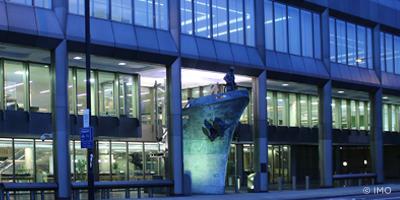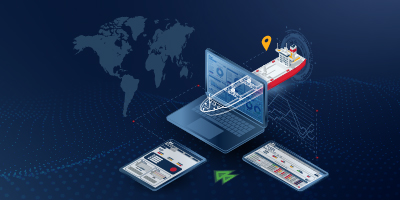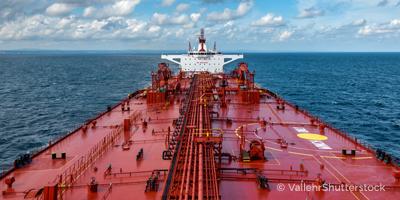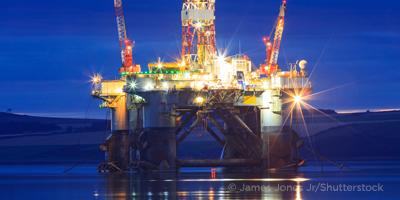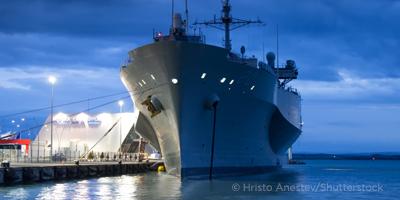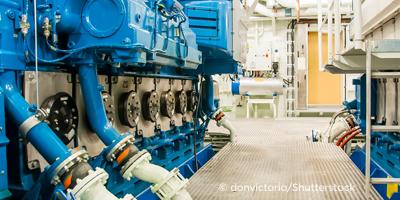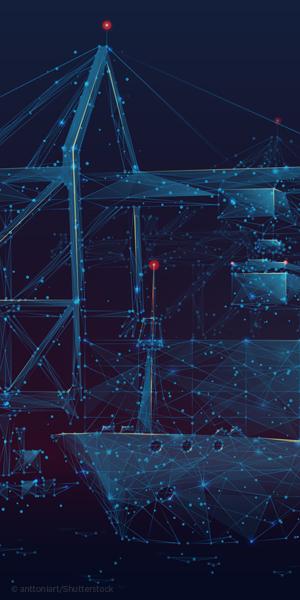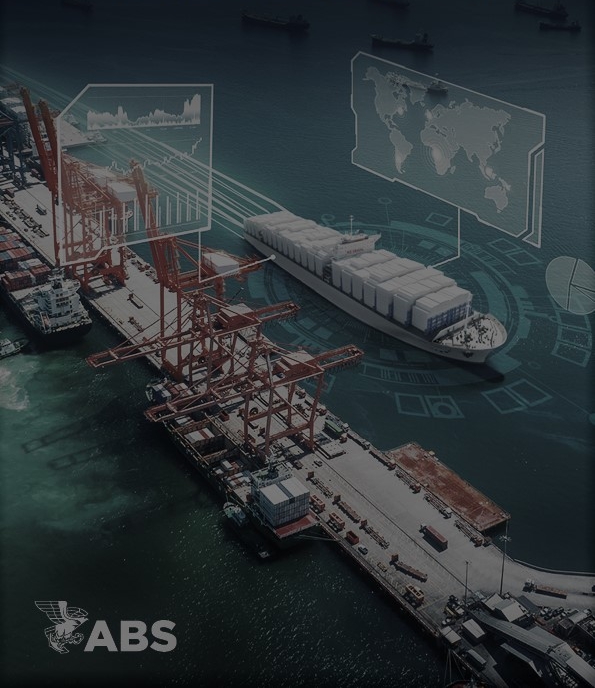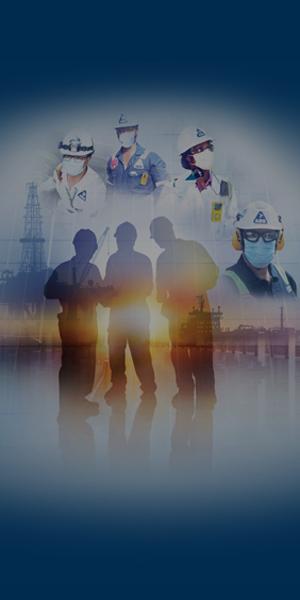Introduction to LNG as Marine Fuel
- Overview of LNG as a marine fuel
- Environmental and economic benefits
- Challenges of using LNG as fuel
Design and Construction of LNG-Fueled Vessels
- Design considerations for LNG-fueled vessels
- Structural integrity and stability
- Material selection and construction methods
Fuel Bunkering Procedures and Safety Measures
- LNG bunkering procedures overview
- Safety measures during bunkering
- Risk assessment and management
Operation of Fuel Gas Supply Systems
- Components of fuel gas supply systems
- Operation and maintenance of gas supply systems
- Troubleshooting common issues
LNG-Fueled Engine Operations
- Types of LNG-fueled engines
- Engine operation and performance
- Maintenance and inspection requirements
Regulatory Requirements for LNG-Fueled Vessels
- Applicable regulations and standards
- Compliance with international and local requirements
- Documentation and reporting
Safety Measures and Risk Assessment
- Safety measures for LNG operations
- Risk assessment techniques
- Emergency response planning
Environmental Benefits and Compliance
- Environmental impact of LNG-fueled vessels
- Compliance with environmental regulations
- Mitigation strategies for environmental risks
Monitoring and Controlling Ammonia Fuel Systems
- Control system design and implementation
- Monitoring techniques
Real-World Case Studies and Best Practices
- Case studies on LNG-fueled vessel operations
- Key lessons learned from past projects
- Best practices for optimizing LNG operations
Conclusion




